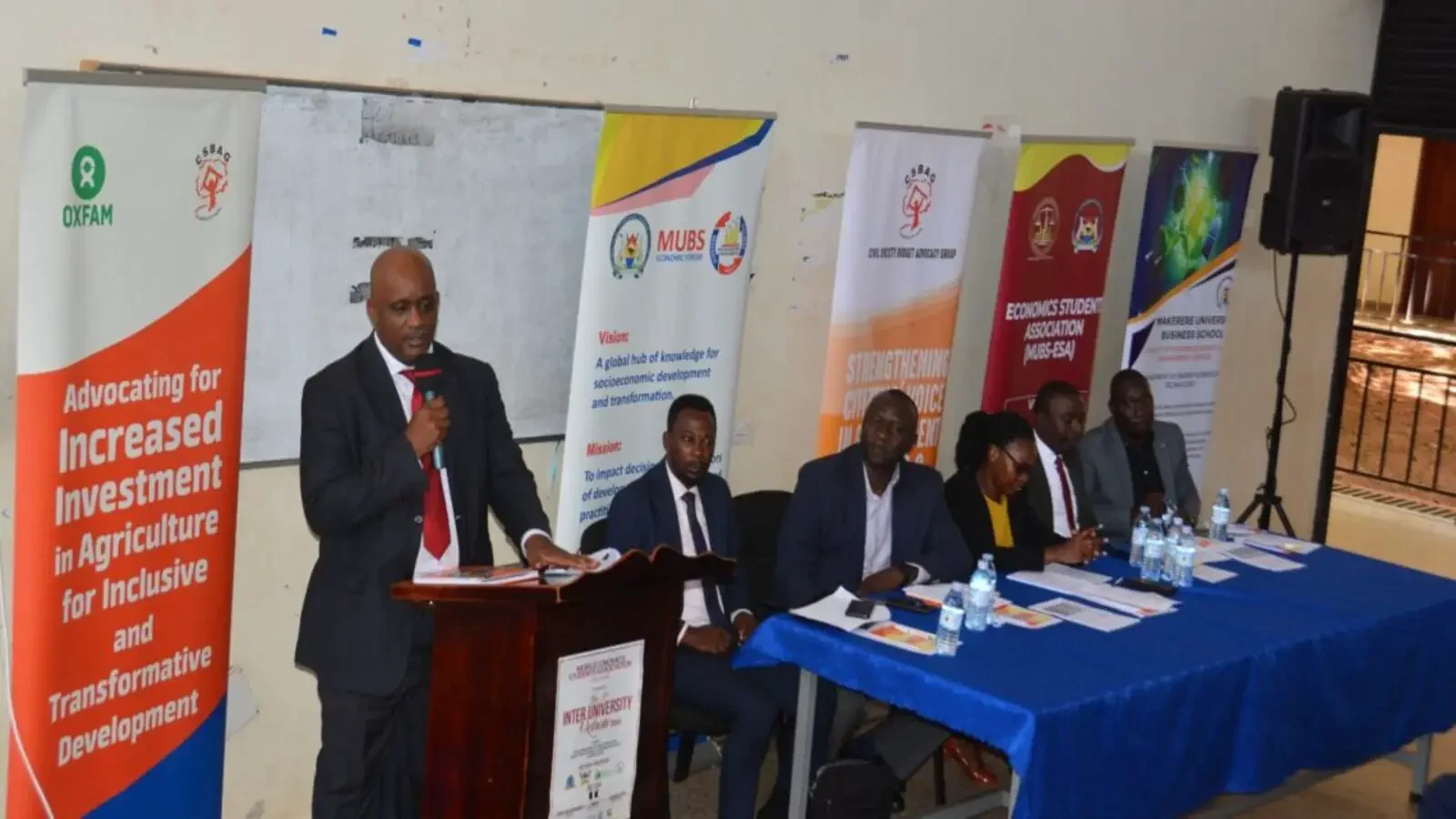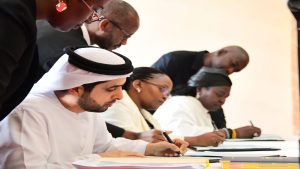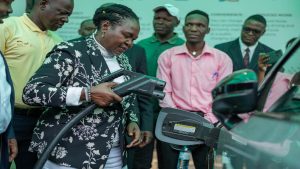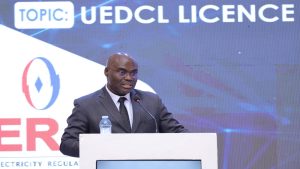Share
The Civil Society Budget Advocacy Group (CSBAG) has joined forces with Makerere University Business School (MUBS) to encourage renewable energy generation in order to reduce environmental damage. CSBAG Executive Director Julius Mukunda announced the collaboration at a Public Dialogue held on Friday at MUBS ADB Hall.
“We rely on academic research to strengthen and advance our policies.” “I’m glad MUBS offers Energy Economics to students because it will help us push for a national renewable energy campaign,” he added. He further stated that CSBAG is committed to mentoring MUBS students in Public Financing in order to prepare them for future career prospects in both the private and public sectors.
Mr. Mukunda suggested using renewable energy instead of charcoal and firewood for cooking. He listed renewable energy sources such as BioMass, Solar, Wind, and Natural Gas. He claims that because of the high cost of energy in Uganda, households resort to using charcoal and firewood for cooking, which causes environmental degradation by reducing the country’s trees, which are needed for rainfall and fresh air.
Prof. Moses Muhwezi, Principal of MUBS, advised participants at the debate that environmental conservation is important to ensure human and animal survival. Climate change, in which rains fall with negative consequences such as flooding, he claims, is caused by the loss of forest cover, which mitigates rainfall flooding.
“When you temper with the environment, you cannot escape its negative effects.” “As MUBS students, you have a responsibility to protect the environment,” he stated.
He urged students to use government data on the environment to do scientific studies on climate change and explain these happenings to the rest of the globe.
“Universities are centers of positive change in the lives of people, not just places to learn new ideas.” “In order to promote renewable energy, we have prioritized research,” he continued.
Mr. Magara Siragi Luyuna, Energy and Extractive Industries Coordinator at Oxfam Uganda, believes the government should prioritize increasing funding for renewable energy generation in the upcoming fiscal year, 24/2025. He said that the climate change mitigation budget for Fiscal Year 2023/24 did not appropriately address the promotion of renewable energy across the country.
“Charcoal demand is at two million tons per year, which makes it a challenge to the survival of trees needed for rainfall and fresh air we breathe” , he added.
During panel discussions, participants highlighted renewable energy challenges such as electric cars lacking adequate charging stations, high electricity costs, limited access to renewable energy in rural and urban areas, and the fact that less than half of Ugandans use solar energy, among others.









